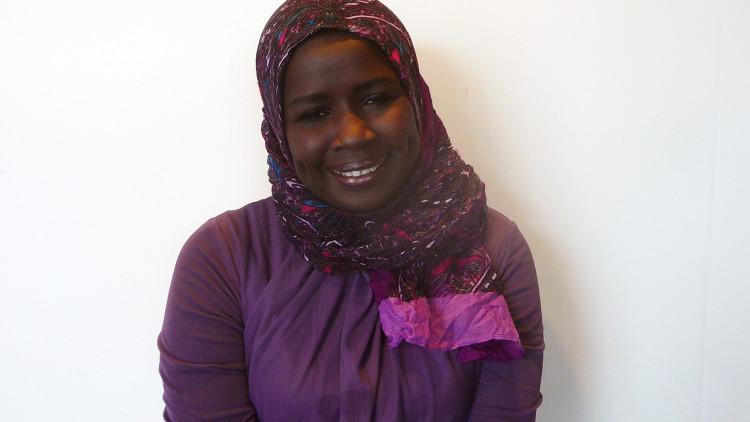NWO awards grants to refugees again

One of them is epidemiologist Tagrid Dinar (read in Dutch, ed.) from the faculty of Veterinary Medicine. She’ll continue her work at the UU on a project that is to help Indonesian poultry farmers keep their animals healthy, with use of preventive measures instead of antibiotics.
It’s the second time the so-called Hestia Impulse for refugees in science is distributed. The grant allows the researchers to work for 1.5 to two years, either full-time or part-time. They work on subjects like anxiety disorders, malware, war crimes, and more.
NWO started this pilot in 2018 in collaboration with The Royal Netherlands Academy of Arts and Sciences, the Young Academy, and foundation for refugee students UAF. In the first round, four refugees found work at the UU. DUB interviewed two of them: historian Ali al Jasim and water management specialist Safaa Naffaa. Both had fled Syria.
The refugees of this second round will work at Delft University of Technology (2x), VU University (2x), Radboud University, Utrecht University, Leiden University, the University of Amsterdam, and the Amsterdam UMC.
Enrichment
As a result of language barriers or cultural differences, it can be difficult for refugee scientists to pick up their careers again. That means their talents are at risk of being lost, which would be a waste – hence the programme.
The Hestia Impulse, then, gives refugees a chance to get to know Dutch academia and research. And it works both ways, as they can enrich Dutch science with their own expertise.
The researchers receive a maximum of 140,000 euros. A round of grants for the Hestia Impulse has a total of around one million euros available for grants. Round three will follow next year. Refugees cannot submit a grant application themselves; research leaders do so. This year, there was a total of 21 candidates.
One of the candidates who received the grant was “anonymised by request,” the NWO writes. That happens occasionally, according to a spokesperson. With grants for female professors, for instance, the researchers don’t always want to be named on a list. “It can be a sensitive topic.”
Hestia
In Greek mythology, Hestia is the peaceful goddess of house and home, who never participated in wars. She’s a sister to supreme deity Zeus.